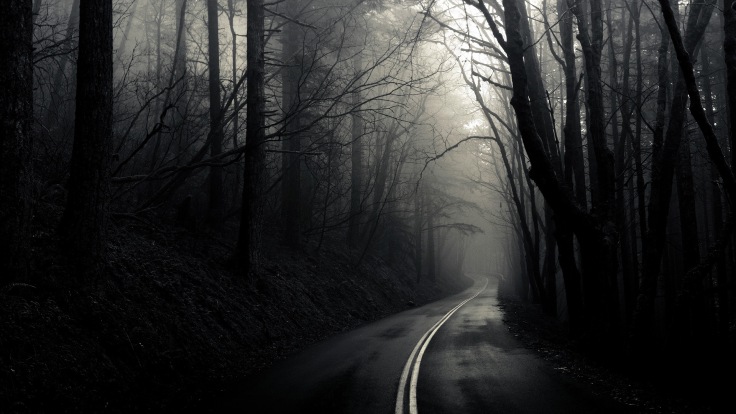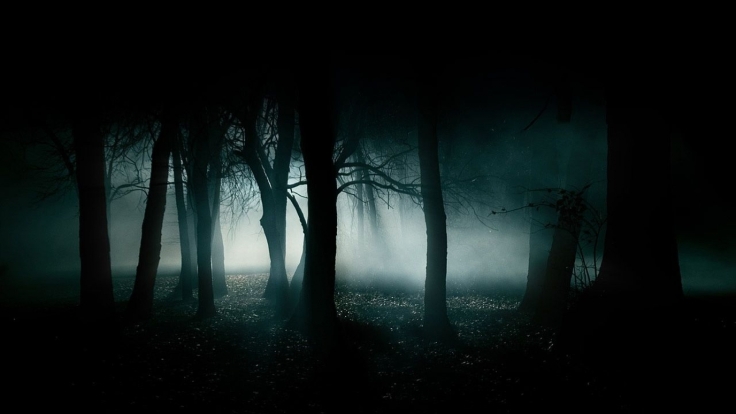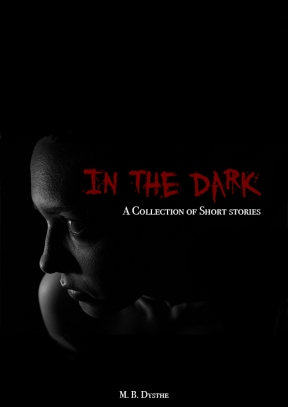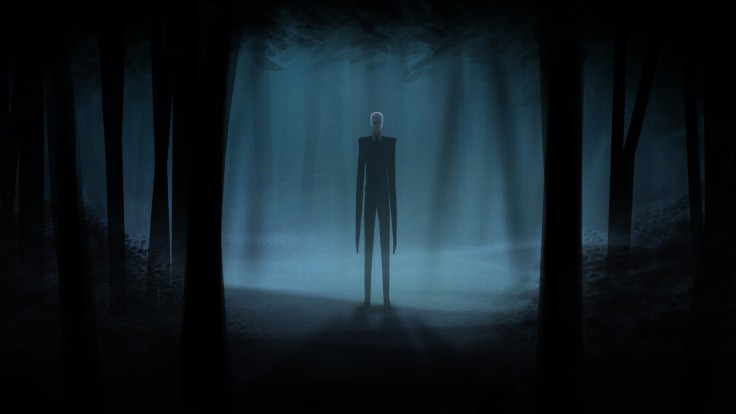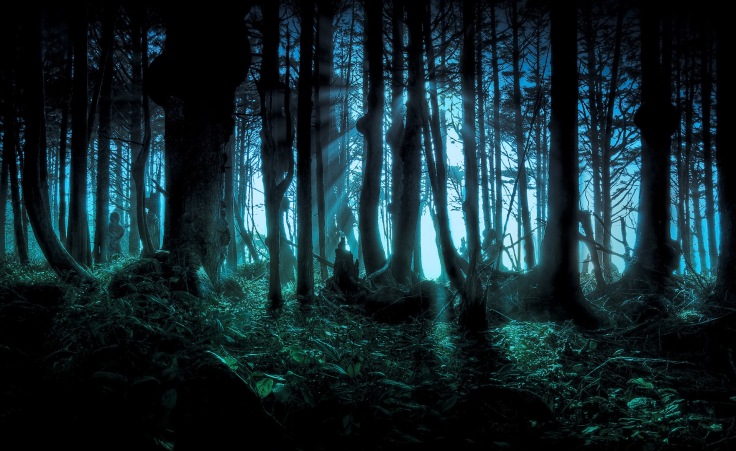
‘Inevitably the narrator makes a strong appeal to the reader’s sympathy and empathy, and the reader begins to respond privately…once the reader feels the slightest identification with the narrator the bond is complete. Whatever anguish or despair the narrator suffers in the tale, the reader also suffers.’[1]
I enjoy writing Horror fiction myself, but when I do I have to throw my emotions aside. Without them, I can manage to write a truly gruesome tale where my sense of wrong and right has completely vanished. I enjoy the sensation of shocking people, but at the same time when I read my own stories I can’t help to think, ‘they must think I’m insane.’ Therefore, I truly admire the Horror writers of the world, as they are willing to imagine a world so terrible and terrifying, that people might not want to walk alone at night or sleep in the dark again. Yet to be able to write such a tale there are a lot of things the writer must have in mind, and ultimately they must use research, imagination and maybe even psychology to make the reader feel true horror. Speaking for myself, I know that the most terrifying Horror is when the story feels real.
According to Stephen King ‘All tales of horror can be divided into two groups: those in which the horror results from an act of free and conscious will – a conscious decision to do evil – and those in which the horror is predestinate, coming from outside like a stroke of lightning.’[2] The way I see it, is that you can either be the evil of the story, or be the one the evil is being done to. Either way, they both bring Horror. Firstly, because as a human I couldn’t imagine wanting to be the cause of someone else’s terror, or worse; death. Secondly, as the character without control, there is nothing that can save you – if not the mercy of the writer. And as the writer plots their story, brings characters to life (whom you sympathies with, or not), they create a world for the reader to dive into, a place where the world you know changes completely. As Elizabeth Massie stated, ‘Put your reader immediately in the psychological mindset of your character with amusing of some sort, but make sure the musing is about something strange, dark, or unsettling.’[3] The Horror writer often seems to use different themes (E.g. the supernatural, murder, etc.) to tell their griping story, however I think what separates a good writer from a bad one when it comes to Horror is their ability to create a world and story so believable that people don’t want to believe.
But although Horror seems to be a wonderful and horrible way of entertaining people, there might be more behind Horror than what might first appear. For example, Mary Shelley who wrote Frankenstein, a classic tale of a monster made my man, is seen as a satire, and ‘Shelley’s novel suggests that it is people (or at least bodies) who terrify people, not ghosts or gods, devils or monks, windswept castles or labyrinthine monasteries.’[4] Because the truth it, although the Horror Genre seems terrible at times, it very often comes from the real world. Horror ‘(…) provide ways of defining, for example, what is evil (and what is good) in societies, what is monstrous (and what is ‘normal’), what should be seen (and what should remain hidden), and so on.’[5] Thus, although fiction, they portray a world where the evils in our society is very much apparent, showing us that murderers, serial killers, kidnappers, etc. surrounding us daily, as one can see in the news regularly. However, the Horror genre is good entertainment for many, myself included, and it’s a comfort to know that what I’m reading or watching is fiction, and if done well the writer might even be able to enlighten the reader about the horrors in our society.
[1] Saliba, D. (1980). A psychology of fear. Washington, D.C.: University Press of America, pp.17-18.
[2] King, S. (1993). Danse macabre. London: Warner Books, p.79.
[3] Massie, E. (2010). ‘Once Upon a Scary Time: Creating Effective Beginnings’ in Michael Knost (ed.) Writers Workshop of Horro. USA: Woodland Press, p.2.
[4] Halberstam, J. (1995). Skin shows. Durham: Duke University Press, p.28.
[5] Gelder, K. (2002). The horror reader. London: Routledge, p.1.
